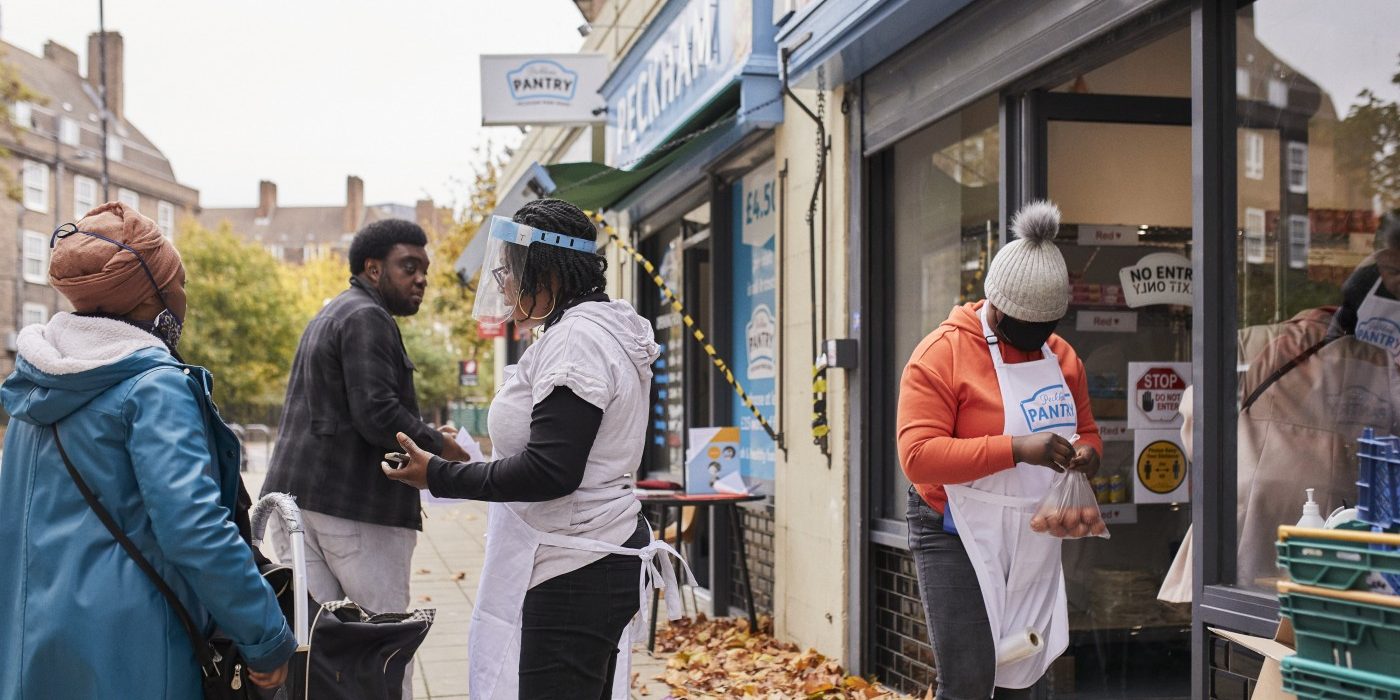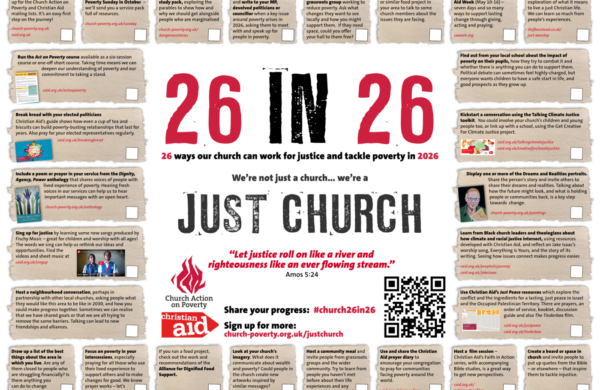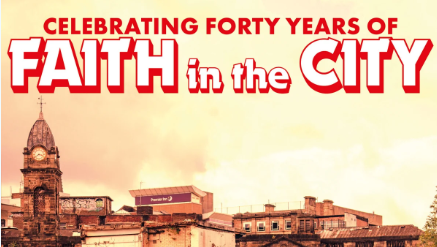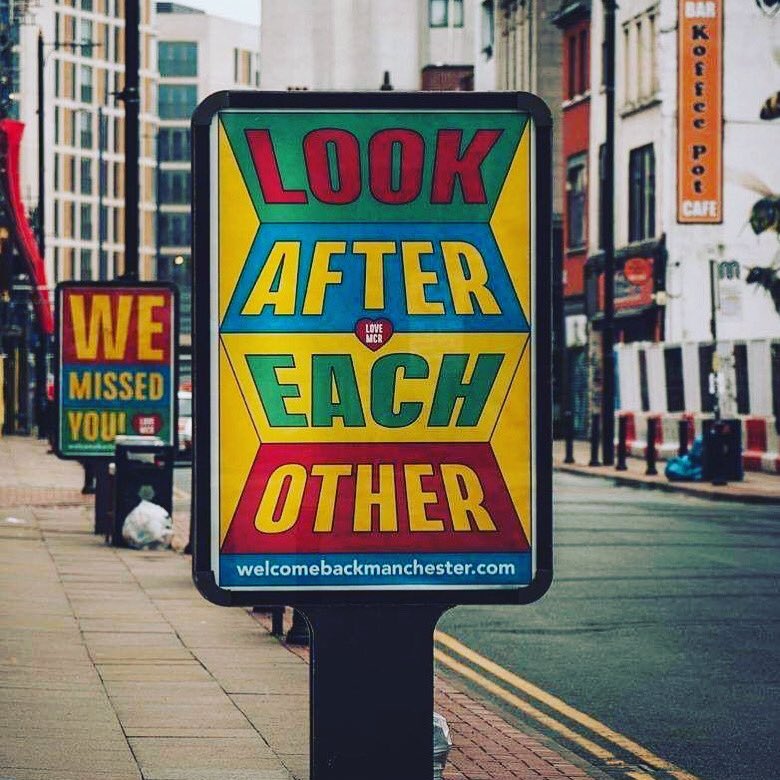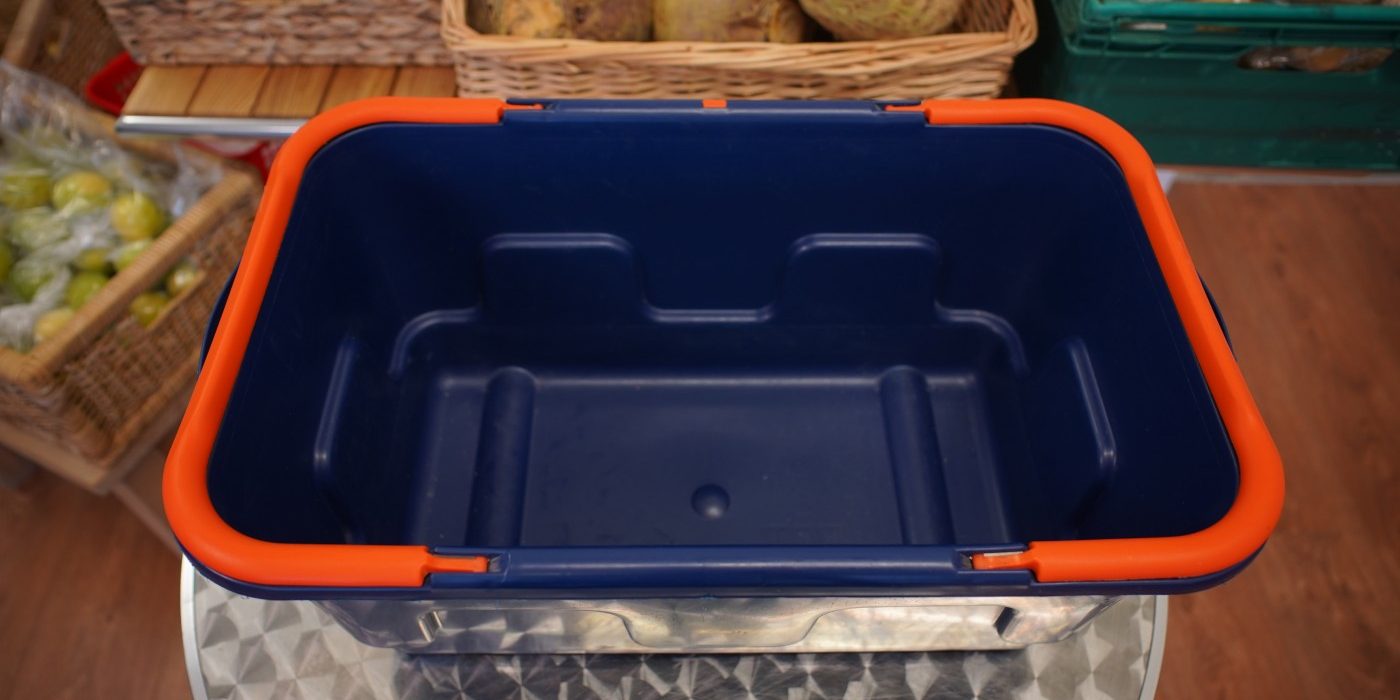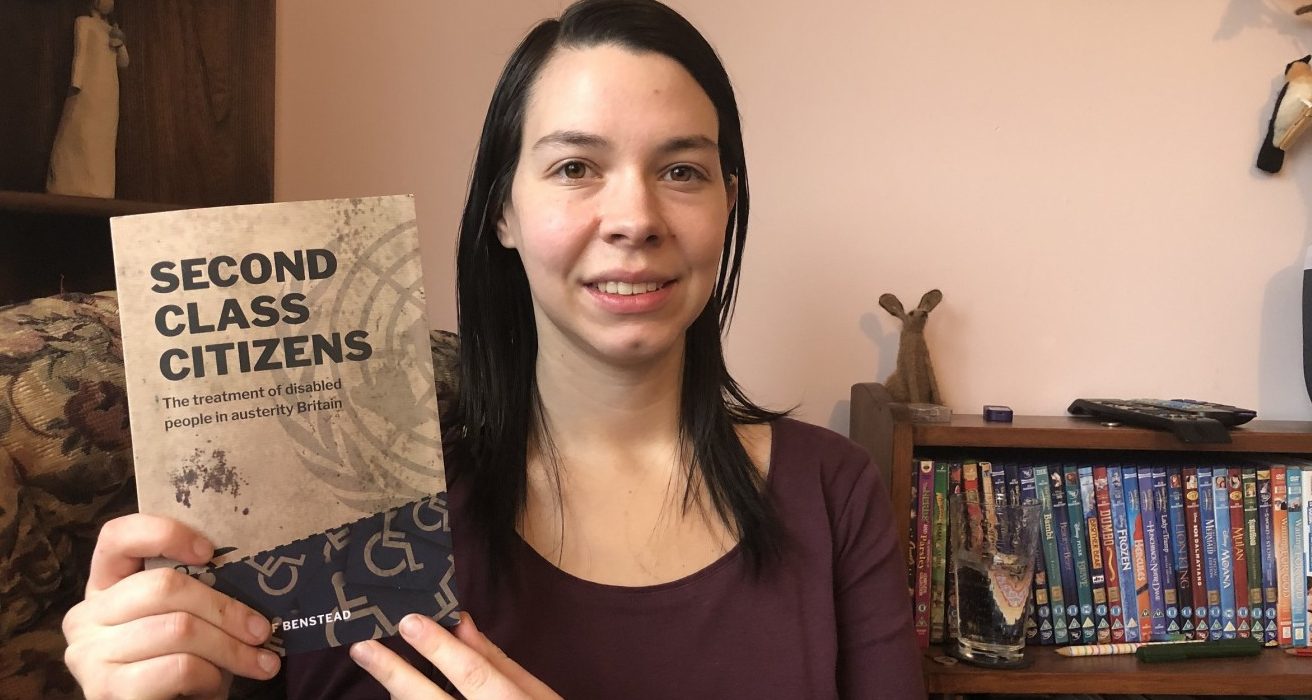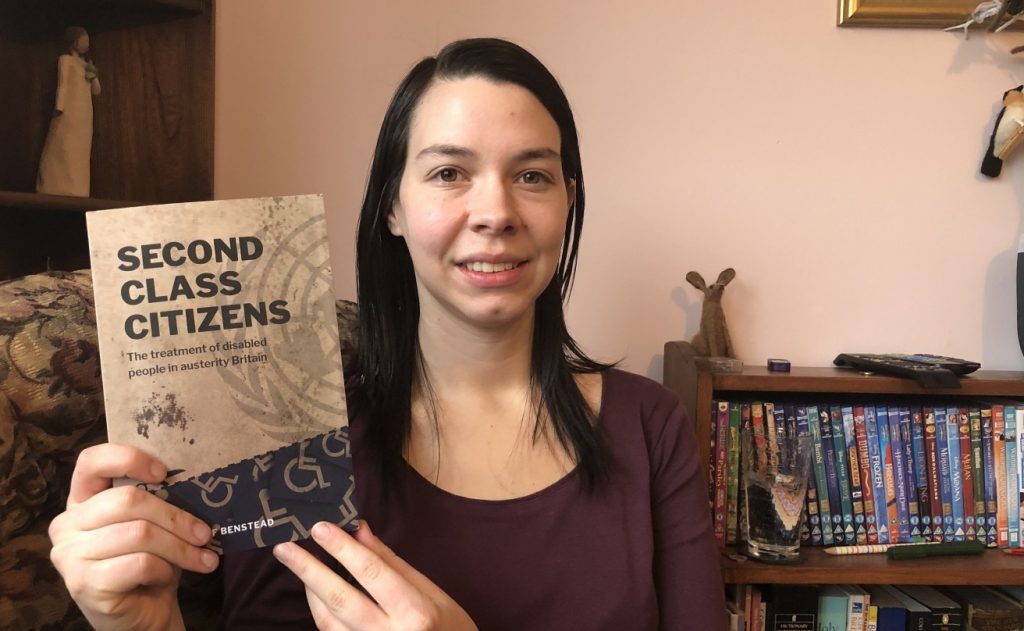How do we safeguard food access without compromising on dignity?
Your Local Pantry, through its rapid growth, is showing an answer to that question.
Charities and community groups have wrestled with the issue for years. But the pantry network has been a beacon of hope in the past year.


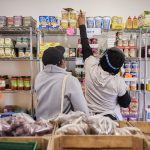






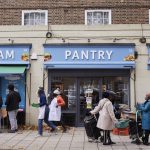
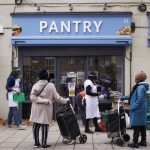
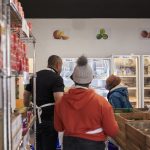




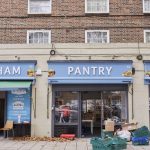







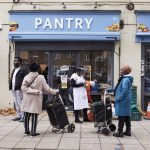



















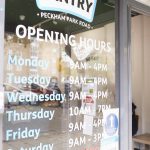













58 photos: Scroll through the images of Peckham Pantry, by Madeleine Penfold.
In a compassionate society, everyone should have access to a choice of good food, free from anxiety and stigma. Achieving that, however, has often proven difficult.
We need Government action to ensure all household incomes cover living costs. But while we press for that, we also need dignified projects here and now, to loosen poverty’s grip.
The Your Local Pantry approach is proving particularly effective. Peckham Pantry features on the April page of the 2021 Dignity, Agency, Power calendar, and in the photos on this page. It is, however, part of a much larger network. In the past year, the number of such shops in the UK has risen from 14 to 43, supporting more than 9,000 adults and almost 14,000 children.
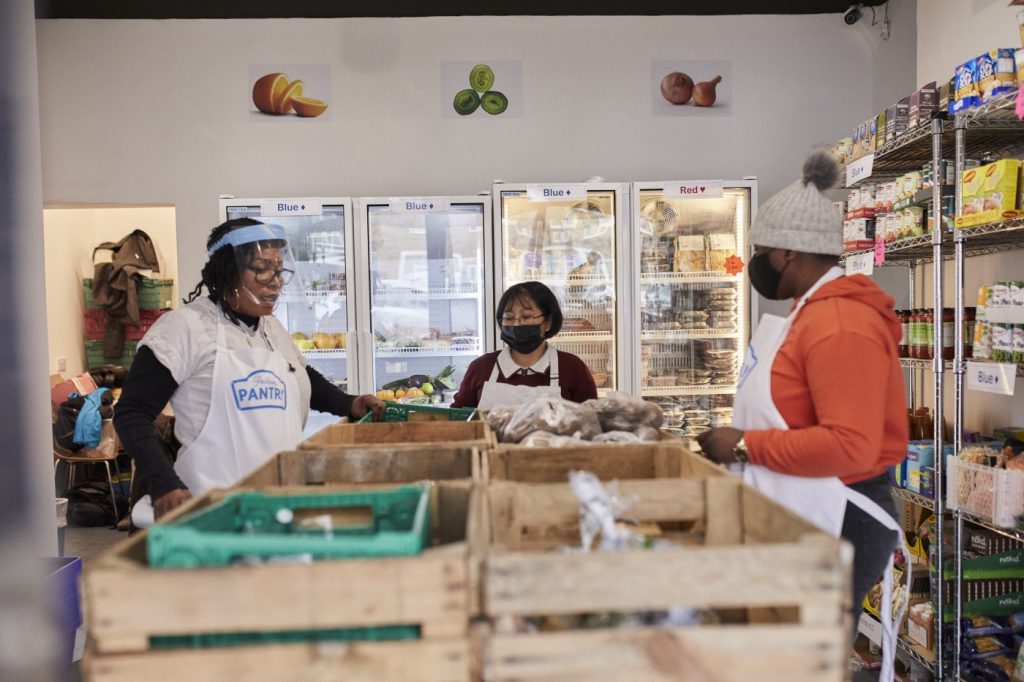
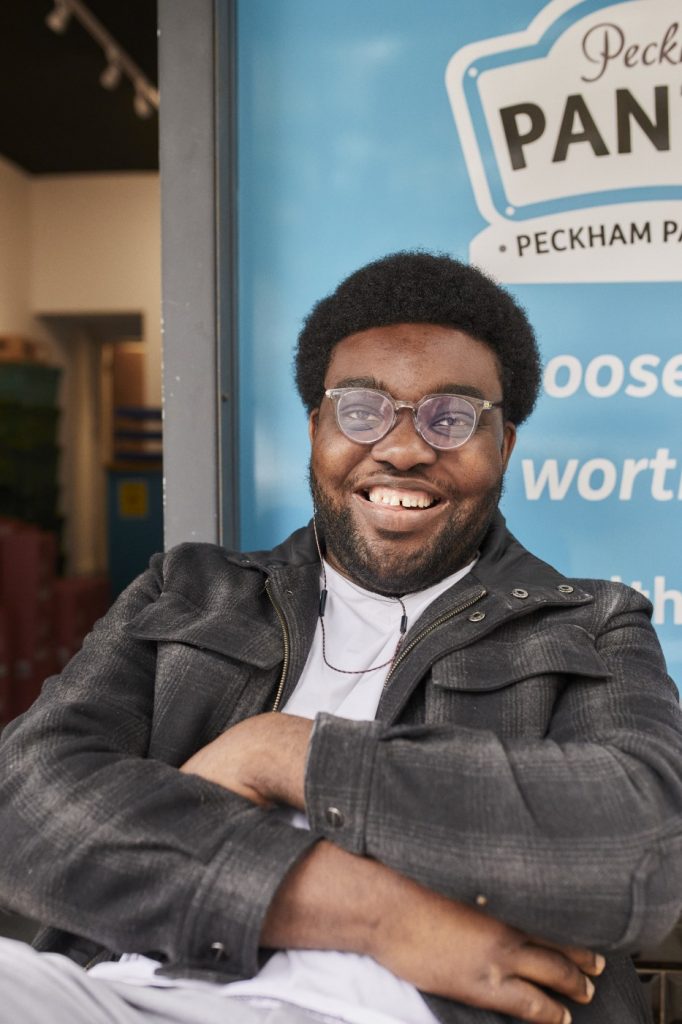
How does the pantry model work?
The model is simple. Anyone who lives in a neighbourhood served by a Your Local Pantry can join.
Members pay a small weekly subscription of a few pounds, and in return they can choose around £20 to £25 a week of groceries from the wide and varied stock. It’s a shop in all but name, but members can save nearly £1,000 a year compared to supermarket prices. Stock is supplied through the food redistribution charity FareShare and local suppliers in each area.
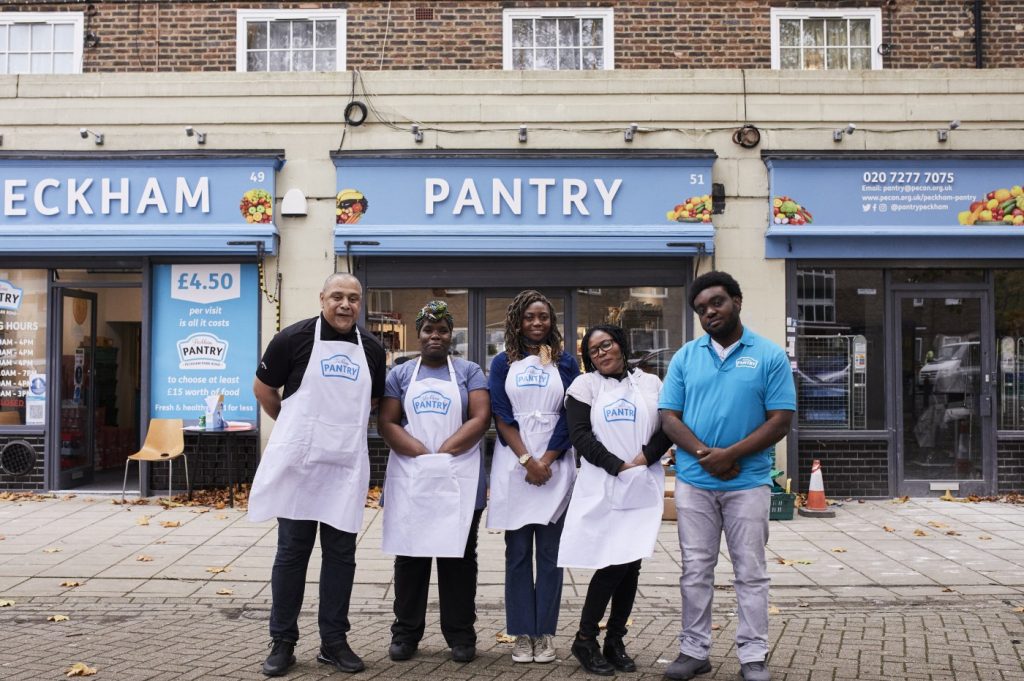
How do pantries differ from food banks and other projects?
There are several differences. Firstly, and most profoundly, pantries maintain people’s dignity.
Pantries do not hand out food to strangers at moments of severe personal crisis. They create and strengthen communities that work together to reduce the risk of crisis ever happening.
They are bustling, upbeat food clubs that people enjoy all year round. They are places where relationships and communities grow, and there are many resultant benefits:
- People save on their shopping, freeing up money for other essentials or leisure activities
- Members make new friends
- Diet improves
- People’s physical and mental health improve
- Many members said that, during lockdowns in particular, the pantries were a vital lifeline and reassurance.
How we picture poverty
The photos in this article were captured by photographer Madeleine Penfold, who teamed up with Church Action on Poverty last autumn as part of our work to improve the way poverty is represented.
She visited the Peckham Pantry, run by Pecan. There, in the midst of the pandemic, members were cherishing the chance to see one another from a safe distance, access their food without anxiety or stigma, and keep their relationships and community going in difficult times.
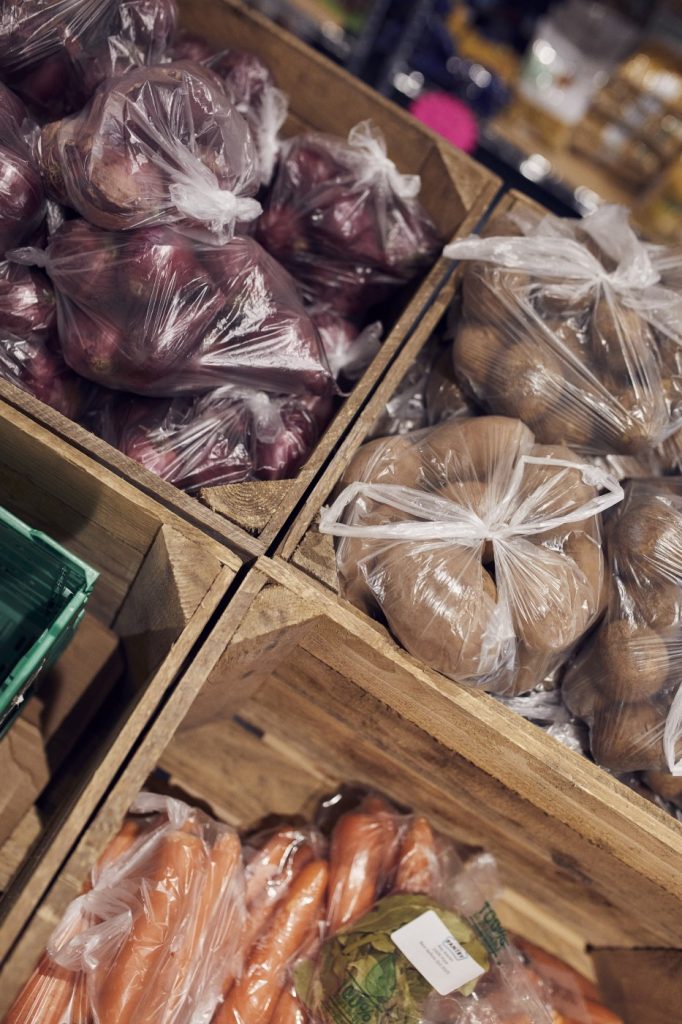
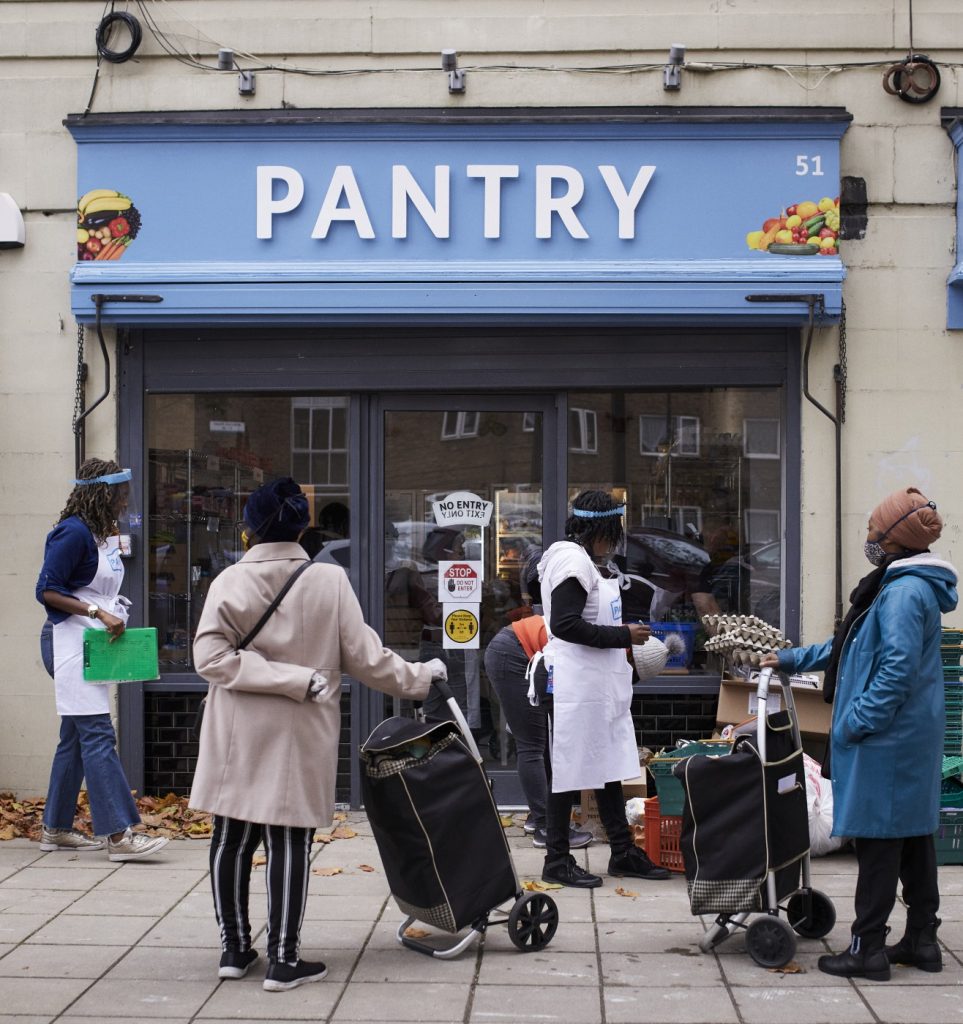
Peckham members were among those to contribute to the recent Your Local Pantry impact report, along with members from around England, Scotland and Wales.
What pantry members say:
“Being a Pantry member has made a dramatic difference to my financial situation. As a single parent, things can be extremely tight. The Pantry provides plenty to enable me to prepare meals and snacks. And the staff are a bonus! It’s taken a burden from my shoulders.”
Another told us she had gone on to do a cooking course through the Pantry, and said: “I learned how to make a few meals I have never tried before such as a new spicy rice full of veg and flavour and mixed bean tortilla that are now firm favourites in my house.”
“In the first stages of the lockdown, I don’t think I could have coped without the Pantry. I didn’t have time to queue at the shop after work and the few times I attempted it, the shelves were bare. The Pantry guys delivered our bags and some cheer each week.”
“It brings it all back to the community and feels like we are shopping local. I prefer this to shopping at a supermarket.”
“Being a member has allowed my family to save money and buy more fresh meat that is halal, as they are Muslim and find it difficult to afford halal meat.”
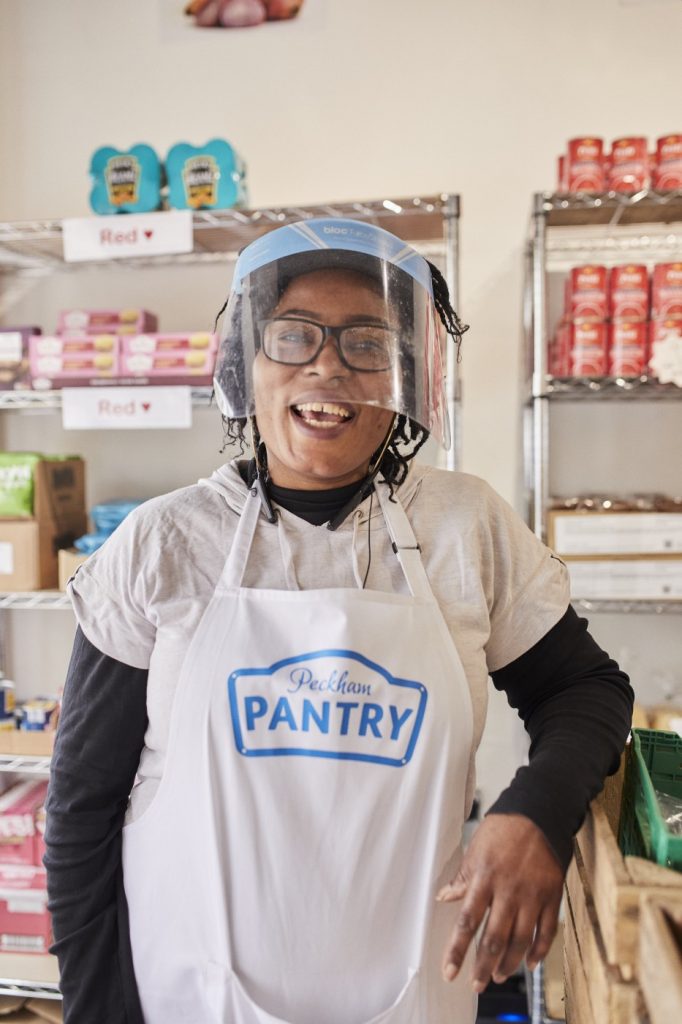
Why are so many pantries opening?
Pantries have proliferated for a couple of main reasons.
Firstly, because organisations have seen and want to emulate the difference they make. And secondly, because we’ve all been reminded in this pandemic of the importance of community and mutual support.
Local neighbourhoods can and should be at the forefront of developing pandemic responses that can work and last. Setting up a dynamic, inclusive, community-focused project like a pantry is the perfect way to start.
What does the future hold?
Councils, school trusts, churches, a GP surgery and numerous grassroots groups have embraced the approach, aided and inspired by one another.
As the network grows, pantries can continue to build dignity, choice and hope for thousands more people. And, we will be well on the way to having a better, stronger society, where nobody is cut adrift or neglected.

